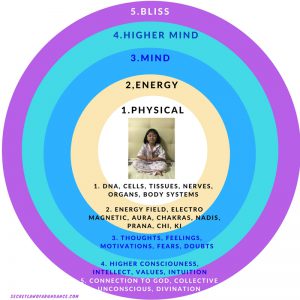Healing yourself mentally and emotionally is a gradual process that requires self-awareness, self-compassion, and patience. It is important to ensure you are strong, not just physically, but also mentally and emotionally.
Wanting to heal must first comes from self. Here are some steps you can take to support your mental and emotional well-being:
Steps on healing mentally and emotionally
1. Acknowledge Your Feelings:
- Recognize and accept your emotions without judgment. Understand that it’s okay to feel a wide range of emotions, and each emotion is valid.
2. Seek Support:
- Talk to someone you trust about your feelings, whether it’s a friend, family member, or therapist. Sharing your thoughts and emotions can provide relief and validation.
3. Practice Self-Compassion:
- Treat yourself with kindness and understanding. Be as kind to yourself as you would be to a close friend. Avoid self-criticism and negative self-talk.
4. Mindfulness and Meditation:
- Practice mindfulness and meditation to stay present and reduce anxiety. These practices can help you become more aware of your thoughts and feelings without being overwhelmed by them.
5. Healthy Lifestyle:
- Prioritize regular exercise, balanced nutrition, and adequate sleep. Physical well-being is closely linked to mental and emotional health.
6. Set Realistic Goals:
- Break down your goals into smaller, achievable tasks. Celebrate your progress, no matter how small it may seem.
7. Limit Stressors:
- Identify sources of stress in your life and find ways to minimize or eliminate them. This might involve setting boundaries, saying no, or simplifying your schedule.
8. Engage in Activities You Enjoy:
- Pursue hobbies and activities that bring you joy and fulfillment. Engaging in creative outlets or spending time in nature can be particularly therapeutic.
9. Establish a Routine:
- Establishing a daily routine can provide a sense of stability and predictability, which can be comforting during challenging times.
10. Practice Gratitude:
- Keep a gratitude journal or simply take a few moments each day to reflect on the things you are grateful for. Focusing on positive aspects of your life can shift your perspective.
11. Therapy and Counseling:
- Consider therapy or counseling with a mental health professional. They can provide valuable tools and techniques tailored to your specific situation.
12. Avoid Self-Medicating:
- Avoid using drugs or alcohol to cope with your emotions. These substances can provide temporary relief but can worsen your mental and emotional state in the long run.
13. Learn and Grow:
- Read self-help books, listen to podcasts, or attend workshops that focus on mental and emotional well-being. Knowledge can empower you to understand and manage your emotions better.
14. Be Patient:
- Healing takes time. Be patient with yourself and acknowledge that it’s okay to have setbacks. Progress is often non-linear.
15. Reach Out for Professional Help:
- If your mental and emotional struggles persist or worsen, don’t hesitate to seek help from mental health professionals. They are trained to assist you in your healing journey.
Remember that healing is a personal journey, and it’s okay to ask for help along the way. Each person’s path to healing is unique, so find the methods and strategies that work best for you.
